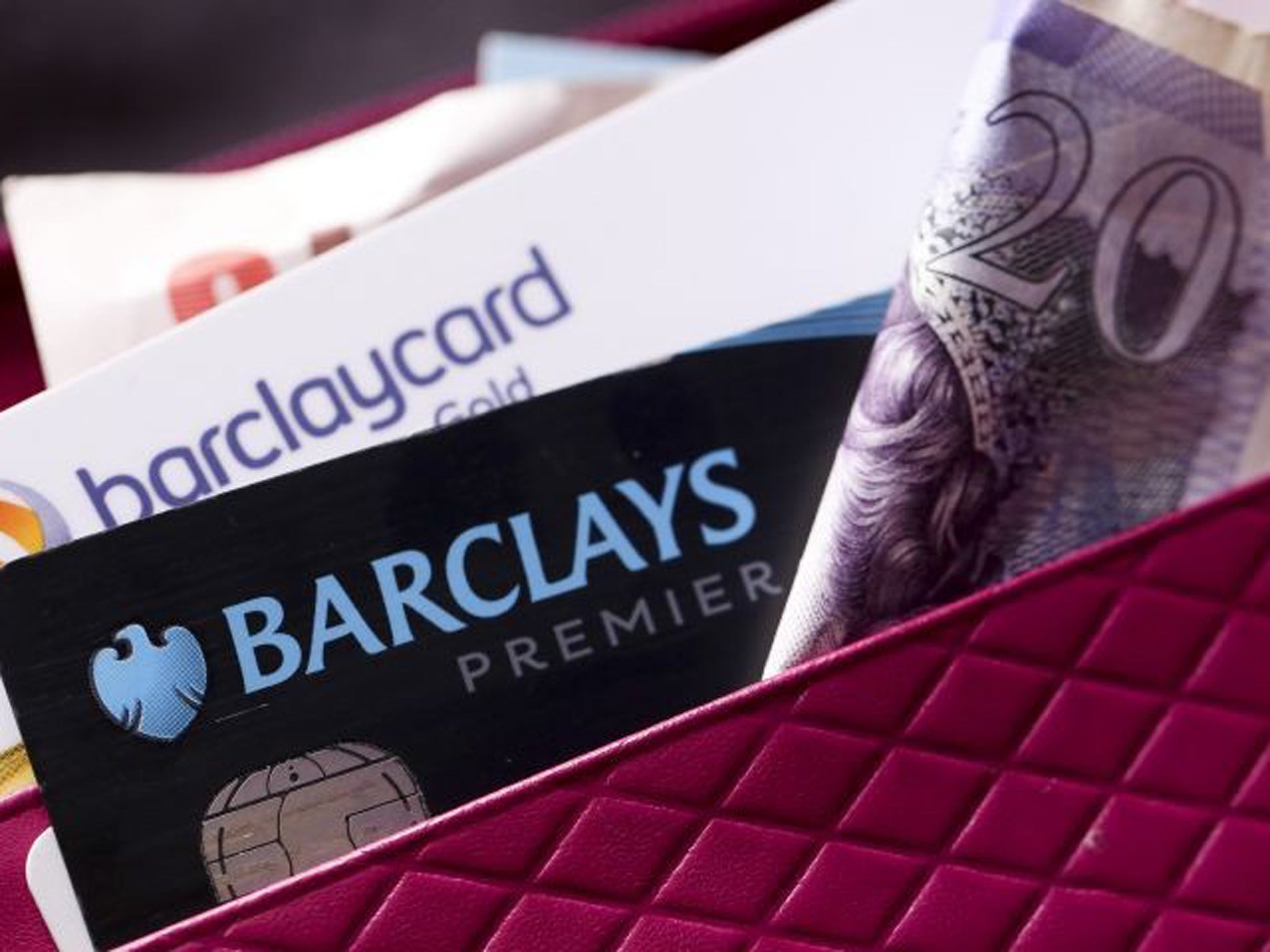Julian Knight: Barclaycard forced to come clean over interest rates
After Independent on Sunday revelation, provider now spells out the real costs to new credit card applicants

Your support helps us to tell the story
From reproductive rights to climate change to Big Tech, The Independent is on the ground when the story is developing. Whether it's investigating the financials of Elon Musk's pro-Trump PAC or producing our latest documentary, 'The A Word', which shines a light on the American women fighting for reproductive rights, we know how important it is to parse out the facts from the messaging.
At such a critical moment in US history, we need reporters on the ground. Your donation allows us to keep sending journalists to speak to both sides of the story.
The Independent is trusted by Americans across the entire political spectrum. And unlike many other quality news outlets, we choose not to lock Americans out of our reporting and analysis with paywalls. We believe quality journalism should be available to everyone, paid for by those who can afford it.
Your support makes all the difference.In this job victories for the consumer are few and normally take a long time coming. But only a few days after we exposed how Barclaycard fails to explain properly to those applying for a credit card that they may not receive the rate hoped for, it has backed down.
As a result, it will make it clear before conducting a credit search on the applicant's file both the representative APR – which it has to give to at least 51 per cent of its customers – and the actual interest rate they could pay if their credit rating isn't tip top.
And Barclay's newly revealed numbers make interesting reading, on its Platinum Balance Transfer card for instance the advertised representative APR is 18.9 per cent but this can rise to 29.9 per cent – akin to a store card rate – if your credit rating is not high. This is the highest spread between advertised representative APR and potential APR of any major lender. However, it is still to be welcomed that Barclaycard have decided to be completely upfront with consumers.
OFT probe quick house sales
The Office of Fair Trading is to look at the world of quick-sale property transactions. Regular readers will know we campaigned against the sale-and-rent-back industry – which bought homes from distressed owners for knockdown prices on the proviso that they could rent them back.
The OFT agreed that this was exploitative and a legal minefield and closed the industry down. But since then firms have sprung-up promising to do the buying bit of the equation without the rent option. These, again, are unregulated and seem, in some instances, to come with hefty hidden fees attached.
The OFT now wants to hear from consumers who have encountered these quick-sale firms. Interestingly, many of those involved in sale-and-rent-back have scurried into the quick-sale business.
New face at Jupiter
There have long been rumblings of discontent over the performance of Jupiter's Absolute Returns fund under the leadership of Philip Gibbs.
Launched in a blaze of publicity in 2009, the Gibbs fund was seen as being in the vanguard of the absolute return movement – where complex financial tactics are used to minimise risk while smoothing out the peaks and troughs of the market. But in what has been a major bull market, the fund, like many of its ilk, has been left firmly in the starting blocks producing sub-standard returns. Things have got so bad that the likes of Hargreaves Lansdown has dumped it from their wealth 150 list of best buy funds.
Last week, Jupiter moved to recruit rising star James Clunie from Scottish Widows to "build assets in total return and equity long and short strategies" – could there soon be a re-jig in the management of the failing absolute returns fund I wonder?
Join our commenting forum
Join thought-provoking conversations, follow other Independent readers and see their replies
Comments